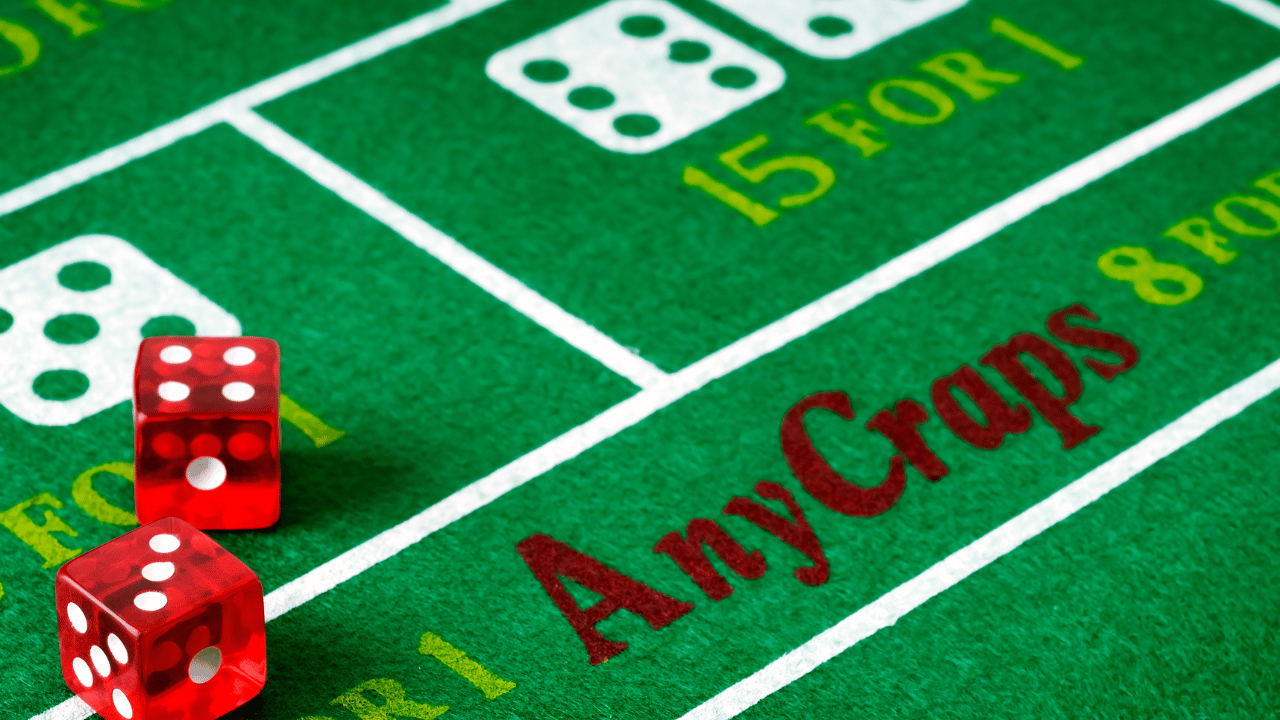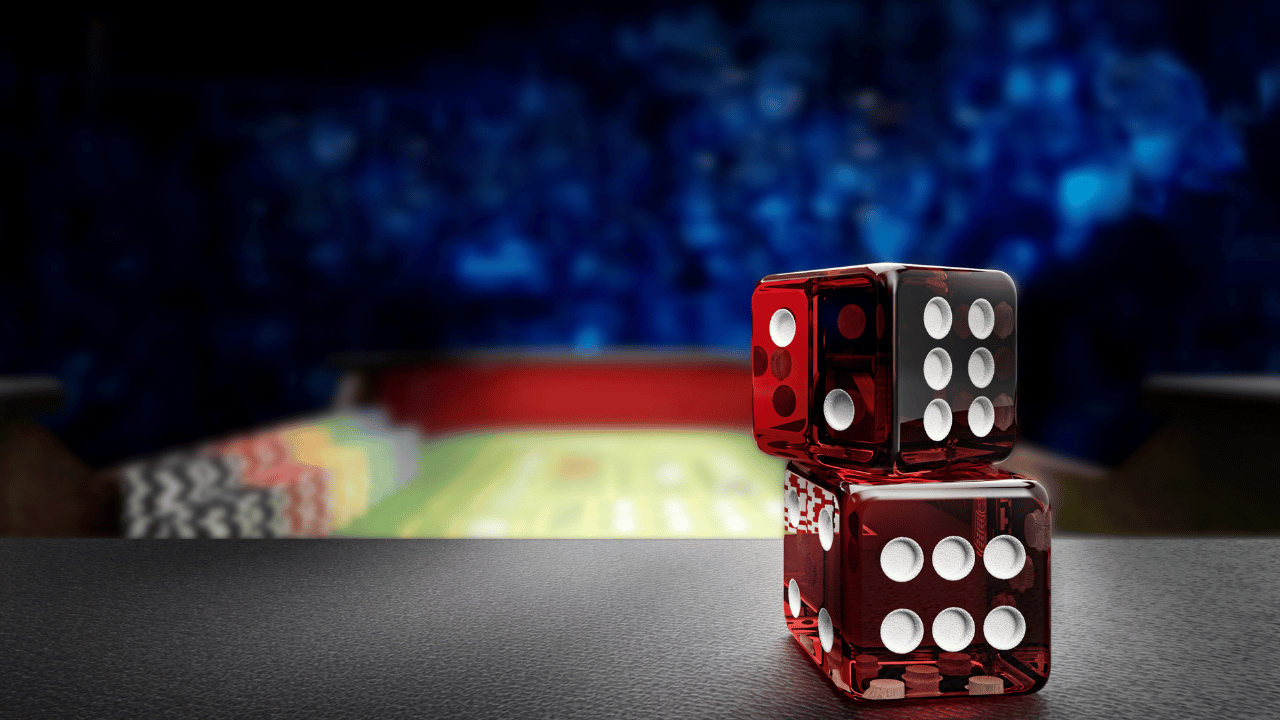Casino games are as much about strategy as they are about luck, and few games encapsulate this better than craps. It’s fast, it’s thrilling, and for those in the know, it’s one of the most rewarding games in the casino. But what if I told you that craps—yes, that electrifying, dice-slinging spectacle—often gets misjudged, overshadowed by myths and misgivings?
According to a recent industry report, craps tables can offer some of the best odds in the house, with a house edge as low as 1.41% on the pass line bet. Intriguing, isn’t it?
On the flip side, there’s “crap.” You know, the metaphorical minefield of casino pitfalls: bad bets, questionable strategies, and the allure of games with hidden disadvantages. But before we dive deeper, let’s tackle a burning question that’s often whispered in the corners of conversations: “Is crap a bad word?”
Is Crap a Bad Word?
The answer isn’t as straightforward as you might think. While “crap” is widely considered a mild expletive, its usage varies depending on context and cultural norms. Originating from the Old French word “crappe,” meaning residue or chaff, it’s not inherently offensive. However, its modern usage as a slang term for something worthless or of poor quality has given it a slightly edgy reputation. Still, it’s far from being a taboo term like other four-letter words you might encounter.
In the context of casino gaming, the word takes on a completely different meaning. “Crap” is a roll of 2, 3, or 12 in the game of craps, a result that’s typically unfavorable for the shooter.
This duality of meaning makes “crap” a fascinating linguistic quirk—it’s both a colloquial expression and an integral part of one of the most exciting casino games. Understanding this distinction is key to appreciating the game’s nuances and avoiding misunderstandings at the table.
How Do You Play Craps?

Craps can seem intimidating at first glance, but once you grasp the basics, it’s an exhilarating game that’s easy to enjoy. The game begins with a “come-out roll,” where the shooter (the person rolling the dice) aims to establish a “point.” Here’s a step-by-step breakdown:
- Place Your Bets: Before the shooter rolls, players place their bets on the pass line or don’t pass line.
- Come-Out Roll: The shooter rolls the dice. If they roll a 7 or 11, pass line bets win. If they roll a 2, 3, or 12 (crap), pass line bets lose. Any other number becomes the “point.”
- Establish the Point: Once a point is set (e.g., 4, 5, 6, 8, 9, or 10), the shooter continues rolling to hit the point number again before rolling a 7. If successful, pass line bets win.
- Repeat or Reset: The cycle continues with new come-out rolls, keeping the game dynamic and engaging.
Craps offers a variety of bets beyond the pass line, such as come bets, place bets, and proposition bets, each with unique odds and payouts. As you become more familiar with the game, experimenting with these options can enhance your strategy and enjoyment.
The Dual Nature of Crap
The word “crap” might provoke a chuckle or two, but in the world of craps, it’s all business. Rolling a crap on the come-out roll might seem like a setback, but seasoned players know it’s just part of the game. In fact, understanding how to navigate these moments separates novice players from experienced ones.
For example, many players hedge their bets by placing additional wagers on the “don’t pass line,” which can offer some protection against a roll of 2 or 3. This strategy exemplifies the balancing act that makes craps so compelling—it’s not just about luck but also about managing risk and making informed decisions.
Fun Facts About Craps
- Origins: Craps likely evolved from an Old English game called “hazard,” and people later refined and popularized it in the United States.
- Nicknames: The game has many colorful terms, such as “snake eyes” for a roll of 2 and “boxcars” for a roll of 12.
- Popularity: In Las Vegas and beyond, craps tables are often the loudest and most energetic spots on the casino floor, drawing crowds with their infectious excitement.
Avoiding the Crap: Common Pitfalls in Casinos
While craps can be a rewarding game, it’s crucial to steer clear of bad bets and impulsive decisions. Here are a few tips to keep in mind:
- Stick to the Basics: Focus on low-house-edge bets like the pass line and come bets.
- Avoid Proposition Bets: These bets might offer tempting payouts but come with significantly higher house edges.
- Set a Budget: Decide how much you’re willing to spend before you start playing, and stick to it.
- Learn the Rules: Taking the time to understand the game’s mechanics can save you from costly mistakes.
Why Understanding Craps Matters
Mastering craps isn’t just about winning—it’s about enjoying a game steeped in history, strategy, and social interaction. Whether you’re a casual player or a seasoned enthusiast, craps offers a unique blend of chance and skill that few other games can match. And with the right mindset and approach, you can navigate the casino floor with confidence, avoiding the metaphorical “crap” that often trips up less-prepared players.
Wrapping It Up
From the linguistic quirks of “crap” to the strategic depths of craps, this article has taken you on a journey through one of the casino’s most captivating games. By understanding the game’s rules, refining your strategy, and steering clear of common pitfalls, you’ll be well on your way to making the most of your time at the craps table. So next time you’re in a casino, remember: it’s not just about rolling the dice—it’s about rolling with purpose. Let’s play!












